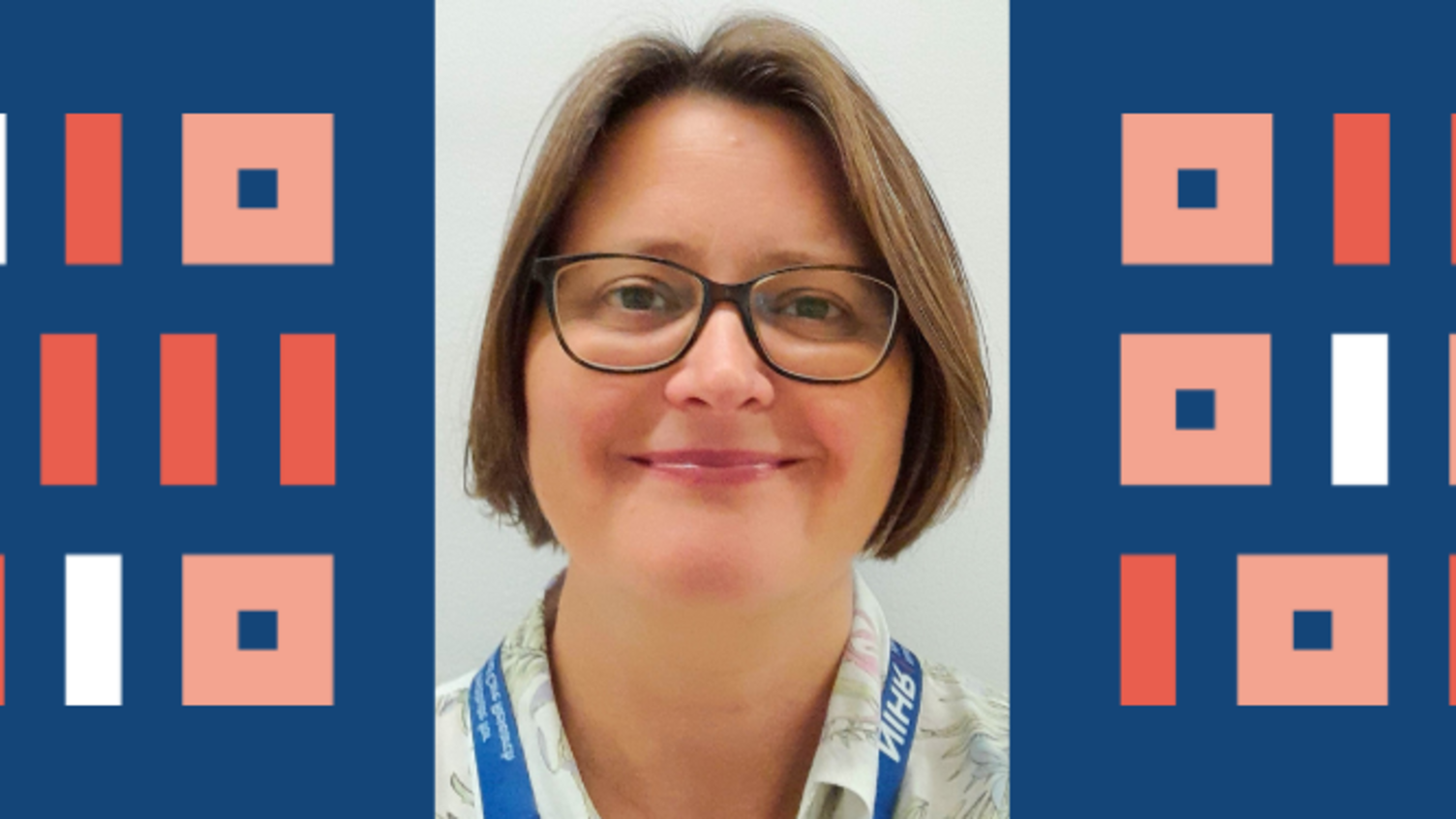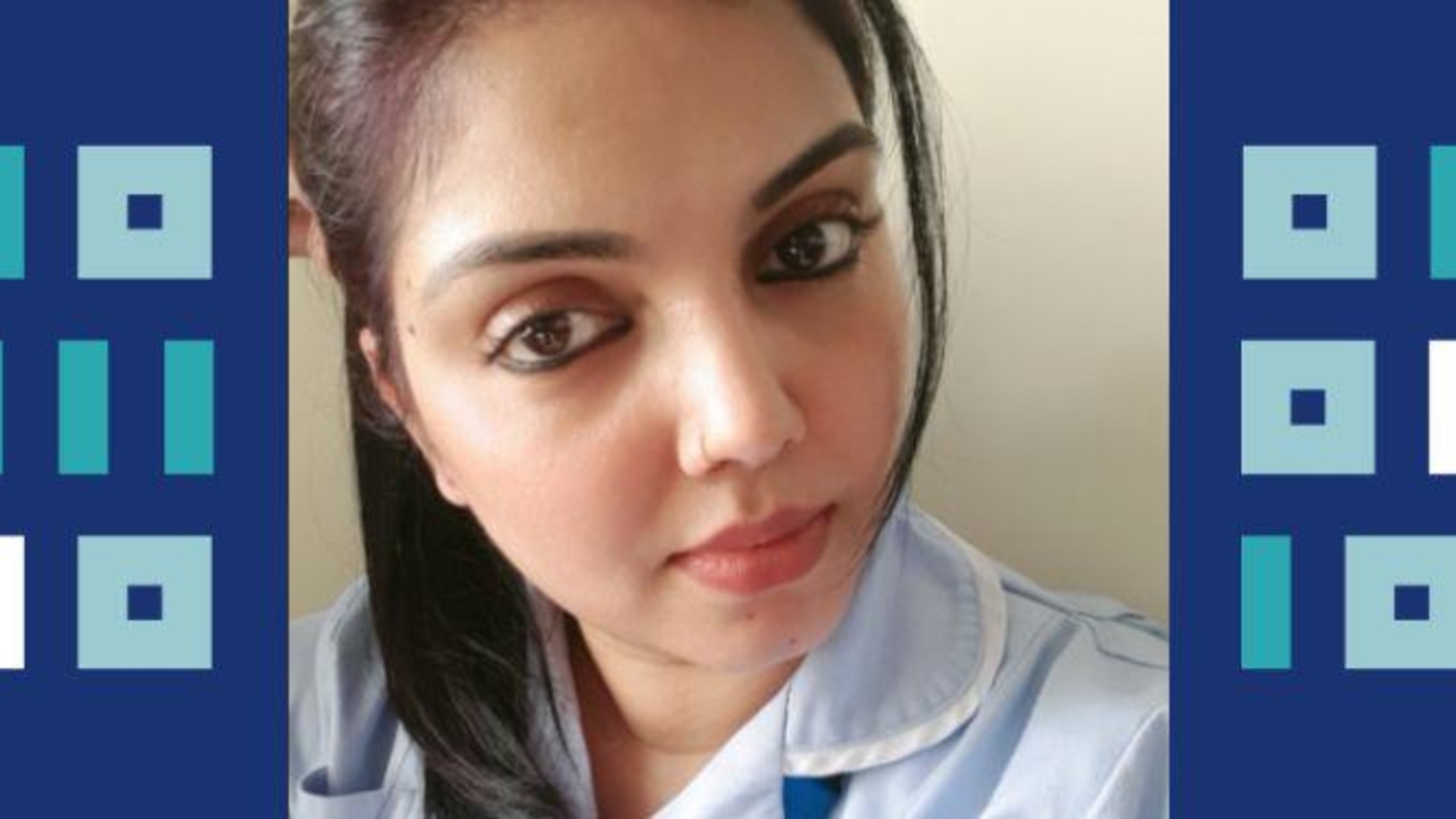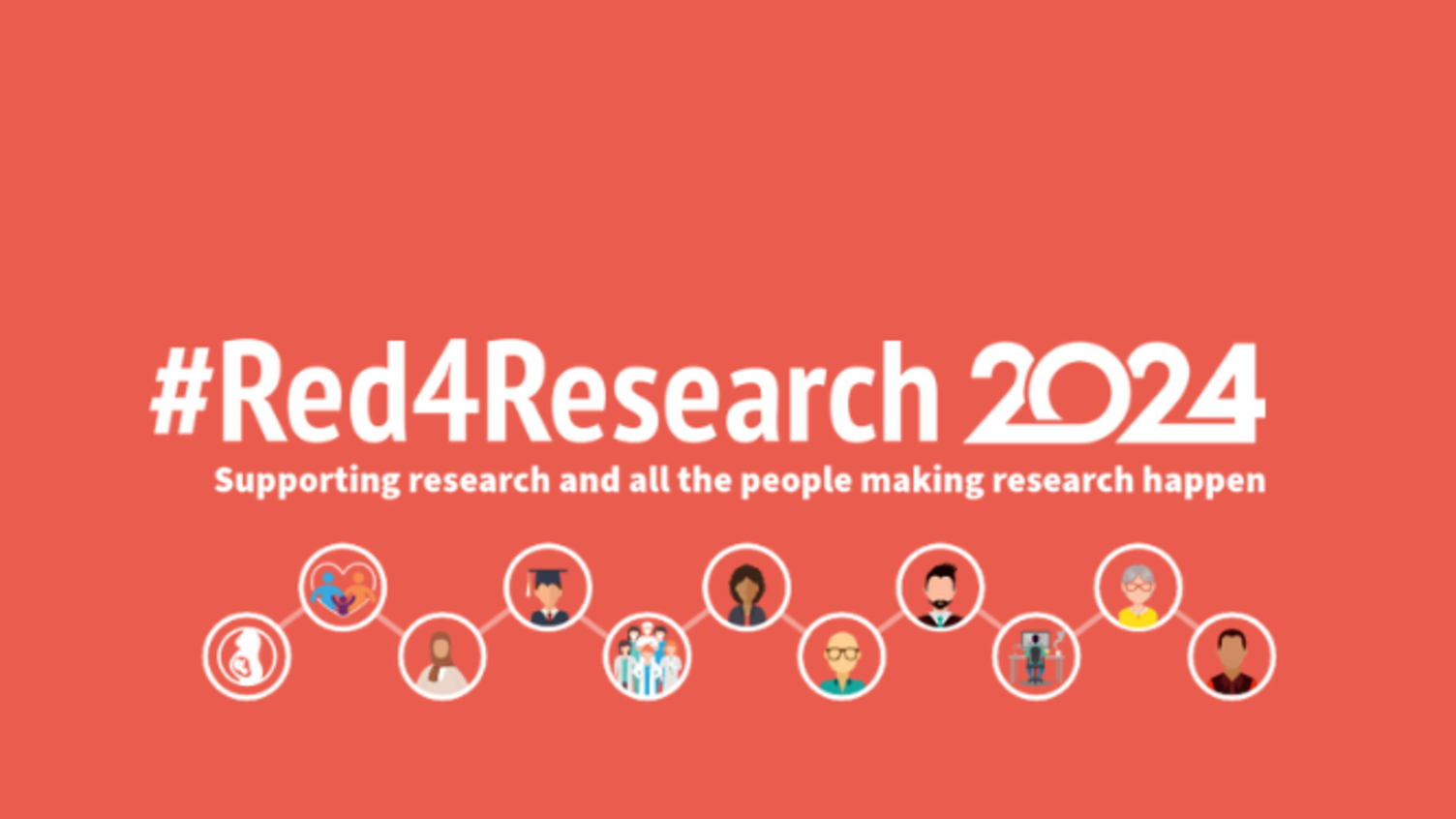Celebrating International Women's Day: Q&A with Kelly Adams
- 06 March 2024
- 2 min read
To celebrate International Women’s Day, we spoke to Kelly Adams, Deputy Chief Operating Officer at CRN Wessex
An interview with Kelly Adams, Deputy Chief Operating Officer, CRN Wessex
What does your role involve?
My role is to support our Chief Operating Officer with the effective and efficient operation and management of the NIHR Clinical Research Network service across the Wessex region. This is a varied role and no two days are the same! I might be meeting with partners to understand the challenges and opportunities in growing research delivery capacity and capability within their teams, contributing to national service design work or figuring out how much equipment we can safely have on-board our new research buses without taking it over the legal weight limit! It's a diverse and enjoyable role.
What kind of research studies are you working on?
I don't directly deliver research studies in my current role but I have worked on a broad range of portfolio studies in the past including paediatric oncology, hepatology, infectious diseases and cardiology.
What made you want to work in research?
So many reasons! Firstly, as I've said, no two days are the same and you get to meet so many different patients, participants and colleagues. It is also wonderful to know the work you do will have a lasting impact on patient care and health and care services in the future. Helping people you will never even meet.
Why do you think International Women's Day is important?
International Women's Day is important to me because it has its roots in the hugely impactful gender equality movement that started generations ago. It is a chance to celebrate how far we have come with women's rights and equality and is also an opportunity for there to be a renewed focus on the work yet to be done in the future.
Why is it important for more women to work in research?
We are working hard to ensure all research that is commissioned, designed and delivered is as meaningful, relevant and accessible to the widest and most diverse range of communities and populations as possible. It is therefore important to have a research workforce that is as diverse as the communities we serve. This is because a diverse workforce brings a much richer understanding of the barriers and opportunities faced by patients and communities and what is most important to them. It is crucial that our workforce is truly representative of those we serve.
What does being a woman help you bring to your role?
Perseverance and resilience!
The theme for this year's International Women's Day is 'Inspire Inclusion'. What advice would you give women and girls to inspire them to consider a career in research?
Research isn't all about being locked away in a dusty office reading through reference books and journal articles. A career in research offers an exciting opportunity to work with patients, participants and members of the public, in partnership to improve future health and care. Every day is different and depending on your role you can be trained to develop a broad range of skills such as clinical skills, data management and analytical skills, governance and management. Research is all about innovation and being at the cutting edge of development. If this sounds exciting to you, then perhaps you too could find your own path in research!


